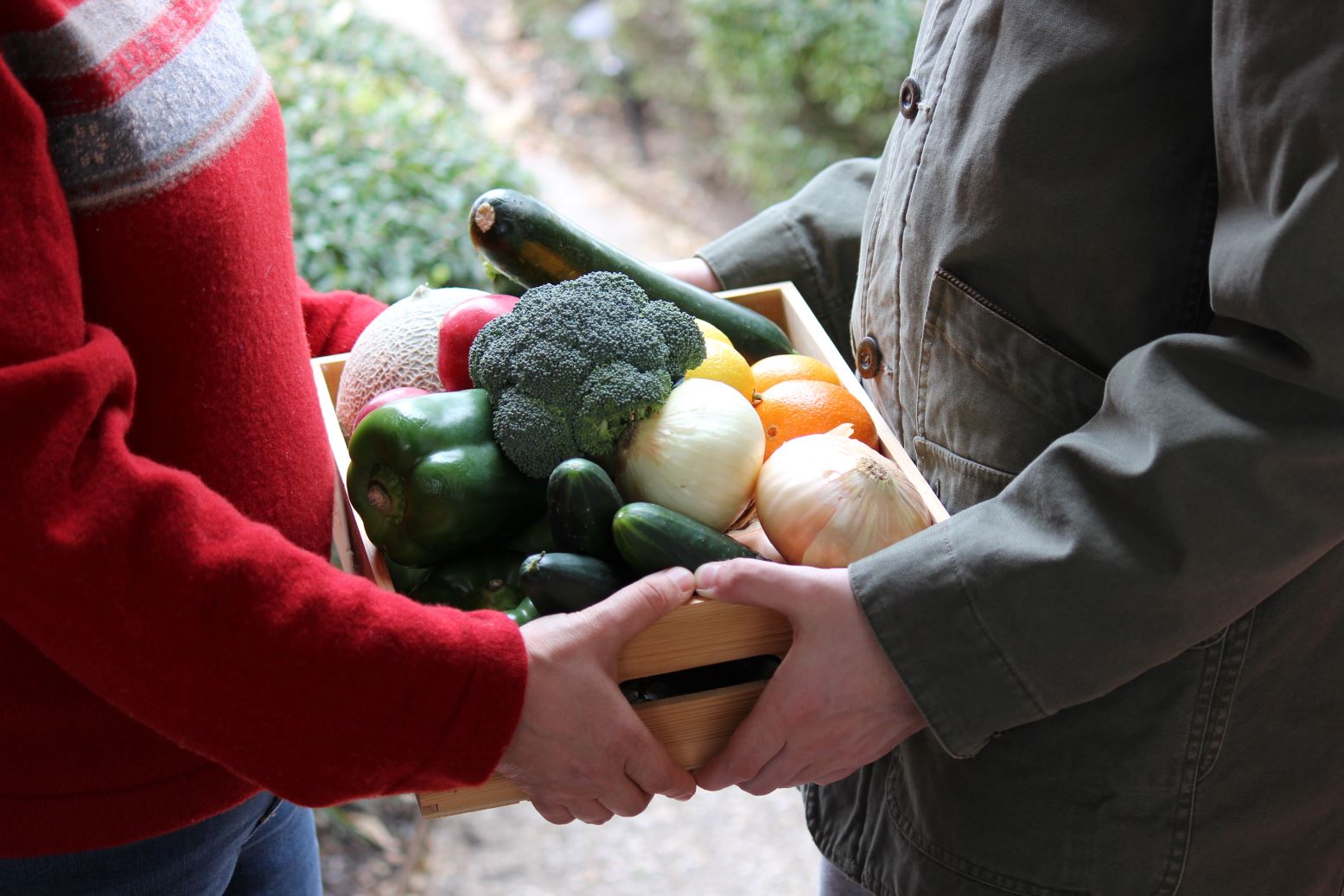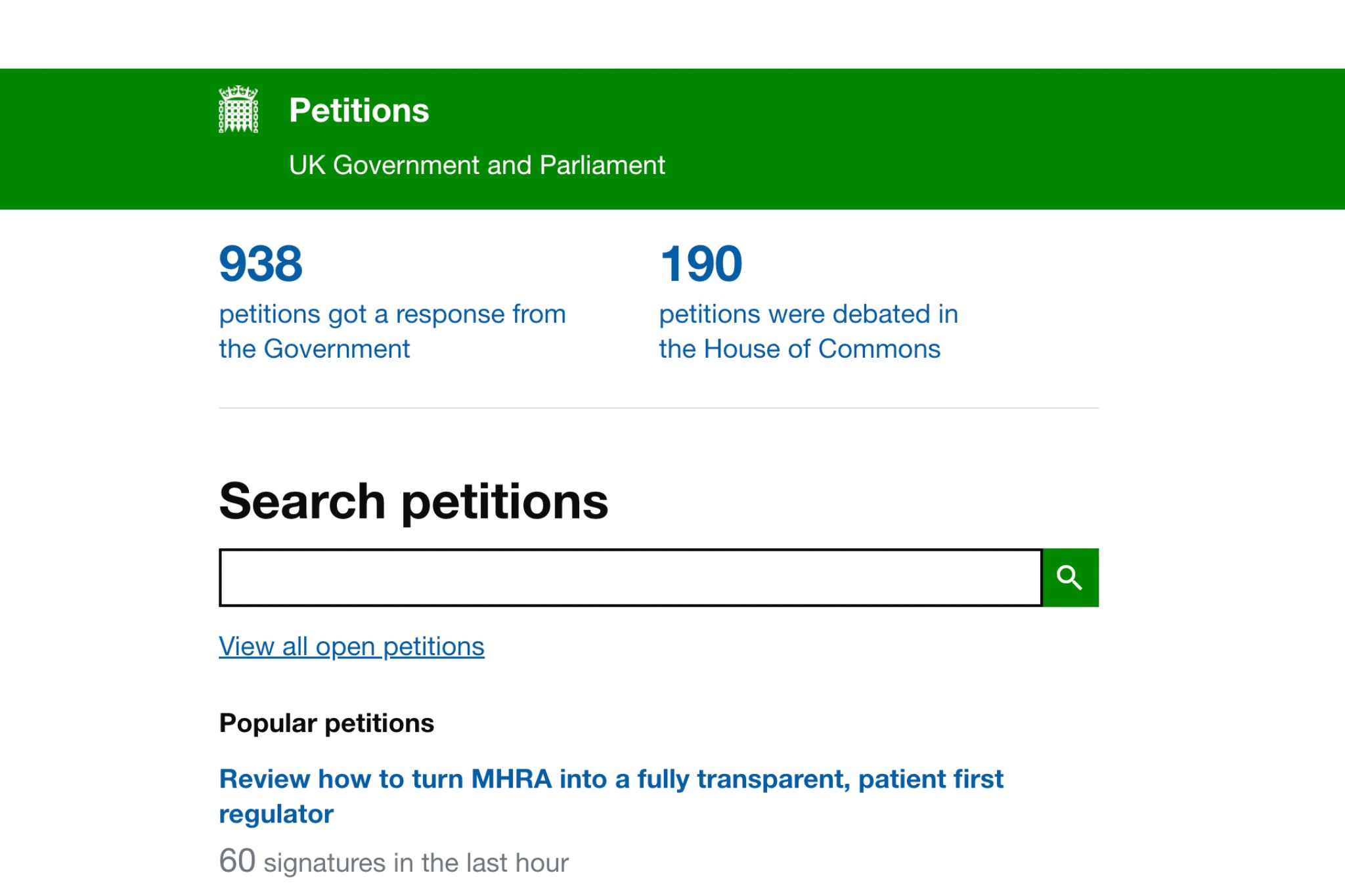

 While policymakers often want to learn how other governments have responded to certain policies, policy learning is characterized by contestation. Policymakers compete to define the problem, set the parameters for learning, and determine which governments should take the lead. Emily St.Denny, Paul Cairney, and Sean Kippin discuss a framework that would encourage policy learning in multilevel systems.
While policymakers often want to learn how other governments have responded to certain policies, policy learning is characterized by contestation. Policymakers compete to define the problem, set the parameters for learning, and determine which governments should take the lead. Emily St.Denny, Paul Cairney, and Sean Kippin discuss a framework that would encourage policy learning in multilevel systems.
Governments face similar policy problems and there is great potential for mutual learning and policy transfer. Yet, most policy research highlights the political obstacles to learning and the weak link between research and transfer. One solution may be to combine academic insights from policy research with practical insights from people with experience of learning in political environments. In that context, our role is to work with policy actors to produce pragmatic strategies to encourage realistic research-informed learning.
Pragmatic policy learning
Producing concepts, research questions, and methods that are interesting to both academics and practitioners is challenging. It requires balancing different approaches to gathering and considering ‘evidence’ when seeking to solve a policy problem. Practitioners need to gather evidence quickly, focusing on ‘what works’ or positive experiences from a small number of relevant countries. Policy scholars may seek more comprehensive research and warn against simple solutions. Further, they may do so without offering a feasible alternative to their audience.
To bridge these differences and facilitate policy learning, we encourage a pragmatic approach to policy learning that requires:
- Seeing policy learning through the eyes of participants, to understand how they define and seek to solve this problem;
- Incorporating insights from policy research to construct a feasible approach;
- Reflecting on this experience to inform research.
Our aim is not ‘evidence-based policymaking’. Rather, it is to incorporate the fact that researchers and evidence form only one small component of a policymaking system characterized by complexity. Additionally, policy actors enjoy less control over these systems than we might like to admit. Learning is therefore best understood as a contested process in which actors combine evidence and beliefs to define policy problems, identify technically and politically feasible solutions, and negotiate who should be responsible for their adoption and delivery in multilevel policymaking systems. Taking seriously the contested, context-specific, and political nature of policymaking is crucial for producing effective advice from which to learn.
Policy learning to reduce inequalities
We apply these insights as part of the EU Horizon 2020 project Integrative Mechanisms for Addressing Spatial Justice and Territorial Inequalities in Europe (IMAJINE). Its overall aim is to research how national and territorial governments across the European Union pursue ‘spatial justice’ and try to reduce inequalities.
Our role is to facilitate policy learning and consider the transfer of policy solutions from successful experiences. Yet, we are confronted by the usual challenges. They include the need to: identify appropriate exemplars from where to draw lessons; help policy practitioners control for differences in context; and translate between academic and practitioner communities.
Additionally, we work on an issue – inequality – which is notoriously ambiguous and contested. It involves not only scientific information about the lives and experiences of people, but also political disagreement about the legitimate role of the state in intervening in people’s lives or redistributing of resources. Developing a policy learning framework that is able to generate practically useful insights for policy actors is difficult but key to ensuring policy effectiveness and coherence.
Drawing on work we carried out for the Scottish Government’s National Advisory Council on Women and Girls on approaches to reducing inequalities in relation to gender mainstreaming, we apply the IMAJINE framework to support policy learning. The IMAJINE framework guides such academic–practitioner analysis in four steps:
Step 1: Define the nature of policy learning in political systems.
Preparing for learning requires taking into account the interaction between:
- Politics, in which actors contest the nature of problems and the feasibility of solutions;
- Bounded rationality, which requires actors to use organizational and cognitive shortcuts to gather and use evidence;
- ‘Multi-centric’ policymaking systems, which limit a single central government’s control over choices and outcomes.
These dynamics play out in different ways in each territory, which means that the importers and exporters of lessons are operating in different contexts and addressing inequalities in different ways. Therefore, we must ask how the importers and exporters of lessons: define the problem, decide what policies are feasible, establish which level of government should be responsible for policy and identify criteria to evaluate policy success.
Step 2: Map policymaking responsibilities for the selection of policy instruments.
The Council of Europe defines gender mainstreaming as ‘the (re)organisation, improvement, development and evaluation of policy processes, so that a gender equality perspective is incorporated in all policies at all levels and at all stages’.
Such definitions help explain why mainstreaming approaches often appear to be incoherent. To map the sheer weight of possible measures, and the spread of responsibility across many levels of government (such as local, Scottish, UK and EU), is to identify a potentially overwhelming scale of policymaking ambition. Further, governments tend to address this potential by breaking policymaking into manageable sectors. Each sector has its own rules and logics, producing coherent policymaking in each ‘silo’ but a sense of incoherence overall, particularly if the overarching aim is a low priority in government. Mapping these dynamics and responsibilities is necessary to ensure lessons learned can be effectively applied in similarly complex domestic systems.
Step 3: Learn from experience.
Policy actors want to draw lessons from the most relevant exemplars. Often, they will have implicit or explicit ideas concerning which countries they would like to learn more from. Negotiating which cases to explore, so that it takes into consideration both policy actors’ interests and the need to generate appropriate and useful lessons, is vital.
In the case of mainstreaming, we focused on three exemplar approaches, selected by members of our audience according to perceived levels of ambition: maximal (Sweden), medial (Canada) and minimal (the UK, which controls aspects of Scottish policy). These cases were also justified with reference to the academic literature which often uses these countries as exemplars of different approaches to policy design and implementation.
Step 4: Deliberate and reflect.
Work directly with policy participants to reflect on the implications for policy in their context. Research has many important insights on the challenges to and limitations of policy learning in complex systems. In particular, it suggests that learning cannot be comprehensive and does not lead to the importation of a well-defined package of measures. Bringing these sorts of insights to bear on policy actors’ practical discussions of how lessons can be drawn and applied from elsewhere is necessary, though ultimately insufficient. In our experience so far, step 4 is the biggest obstacle to our impact.
___________________
Note: the above draws on the authors’ published work in Territory, Politics, Governance.
 Emily St.Denny is Assistant Professor at the University of Copenhagen.
Emily St.Denny is Assistant Professor at the University of Copenhagen.
 Paul Cairney is Professor at the University of Stirling.
Paul Cairney is Professor at the University of Stirling.
 Sean Kippin is Lecturer at the University of Stirling.
Sean Kippin is Lecturer at the University of Stirling.
Photo by Clint Adair on Unsplash.








1 Comments